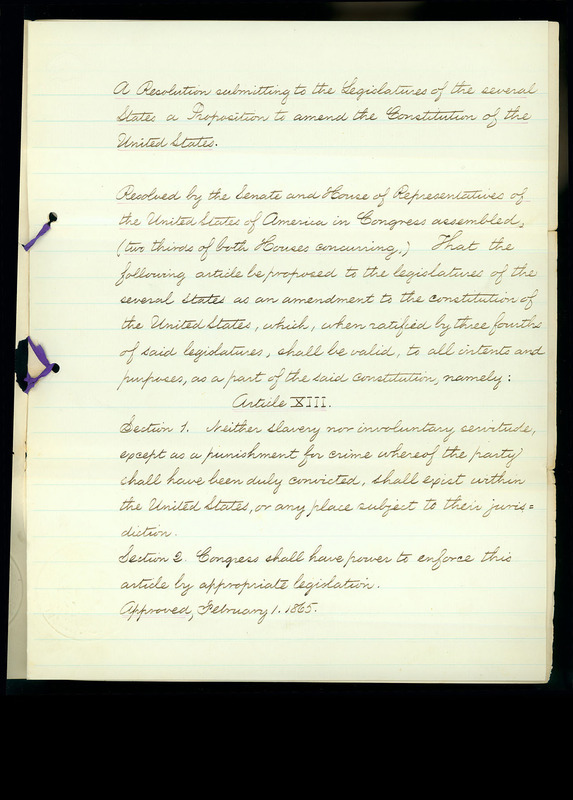Juneteenth Resources
From NCpedia and NC Digital Collections
About the Juneteenth Collection
This collection features items from the State Library of North Carolina’s Digital Collections and online resources NCpedia and ANCHOR that embody the spirit of the Juneteenth holiday. These items discuss the history of the the holiday with a focus on emancipation, freedom seeking, and the various ways that this took shape in our state.
Juneteenth 2025 Event Calendar

Click to see the Calendar
Learn More
The history of the Juneteenth holiday began during the Civil War. On June 19, 1862, President Abraham Lincoln signed “An Act to secure Freedom to all Persons within the Territories of the United States.” The act banned slavery in the Union (except as the punishment for a crime). On June 19, 1865 Union troops arrived in Galveston, Texas to enforce General Order No. 3. The order enforced the Emancipation Proclamation in Texas. It also stated that all 250,000 enslaved people in the state were free. The thirteenth amendment banning slavery in the United States was eventually passed and ratified by all states in December 1865.
Beginning in 1866, formerly enslaved people celebrated June 19th annually as their freedom day. In 2007 a law was enacted in North Carolina recognizing Juneteenth National Freedom Day. In 2021 the Juneteenth National Independence Day Act was signed into law making it a federally recognized holiday.
The North Carolina Digital Collections (NCDC) contain over 90,000 historic and recent photographs, state government publications, manuscripts, and other resources on topics related to North Carolina. The Collections are free and full-text searchable, and bring together content from the State Archives of North Carolina and the State Library of North Carolina.
Technical Credits - CollectionBuilder
This digital collection is built with CollectionBuilder, an open source framework for creating digital collection and exhibit websites that is developed by faculty librarians at the University of Idaho Library following the Lib-Static methodology.
Using the CollectionBuilder-CSV template and the static website generator Jekyll, this project creates an engaging interface to explore driven by metadata.


